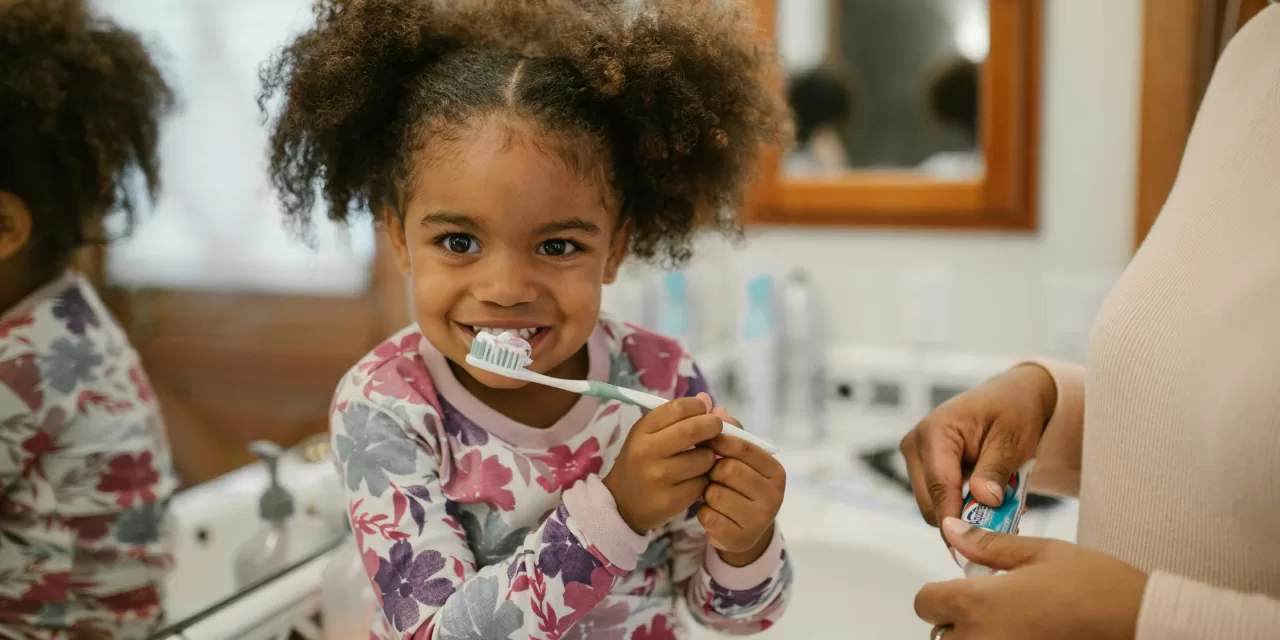Barriers to running supervised toothbrushing programs for young children must be overcome if the UK government is to successfully tackle childhood tooth decay, researchers say.
A team from the Universities of Sheffield and Leeds has completed a survey of supervised toothbrushing programs currently available to children in England. The findings reveal both progress and ongoing challenges in implementing these programs.
Growing Initiatives and Persistent Barriers
Since the last survey in April 2022, the number of supervised toothbrushing programs has increased significantly. This rise is attributed to the NHS and local authorities prioritizing children’s oral health, recovery efforts following the COVID-19 pandemic, and the Labor Party’s pledge to introduce targeted supervised toothbrushing for 3- to 5-year-olds.
Despite this progress, researchers have identified several barriers preventing schools, nurseries, and other organizations from setting up these programs. The main challenges include funding shortages, time constraints, and competing priorities within educational settings.
The study, published in the British Dental Journal, highlights the disparity in access, particularly in deprived areas of England. Many 3- to 5-year-olds in these communities still lack access to supervised toothbrushing programs, despite their potential benefits. The researchers urge the government to provide dedicated funding to support the expansion of these initiatives.
The BRUSH Project and Government Involvement
The BRUSH project, a research initiative co-led by NIHR ARC South West Peninsula (PenARC) and NIHR ARC Yorkshire & Humber (YH ARC), is working to implement and support supervised toothbrushing programs in England. As part of this effort, the team has developed a free online toolkit designed to help schools and nurseries establish these programs with ease.
Professor Zoe Marshman, a senior researcher in Dental Public Health at the University of Sheffield, emphasized the importance of continued investment. “While it’s encouraging to see an increase in supervised toothbrushing programs, we must remember that every child deserves help to prevent tooth decay. Poor oral health can impact self-esteem, learning, and overall well-being. Additional government funding, along with the BRUSH toolkit, can help make these programs more widespread and effective.”
Professor Peter Day, a Consultant in Pediatric Dentistry at the University of Leeds, echoed these sentiments. “Our study shows clear progress, but more work is needed. Our toolkit provides a valuable resource to help schools and nurseries implement supervised toothbrushing programs efficiently.”
Dr. Shannu Bhatia, President of the British Society of Pediatric Dentistry, also highlighted the importance of these programs. “Targeted supervised toothbrushing schemes are proven to work. They take minimal time out of the school day and encourage peer-led engagement, making them both effective and sustainable.”
The Impact of Tooth Decay on Children
Childhood tooth decay remains a significant public health issue in England. Approximately 25% of 5-year-olds experience tooth decay, with rates reaching 50% in deprived areas. The consequences of poor oral health extend beyond dental issues, affecting children’s nutrition, speech, confidence, and school attendance.
Tooth decay is also a major financial burden on the NHS, with over 33,000 young children admitted to hospitals annually for treatment, costing more than £40 million. Researchers stress that supervised toothbrushing programs can play a crucial role in preventing decay, particularly among at-risk children.
The Future of Supervised Toothbrushing Programs
The BRUSH study found that as of April 2024, there had been a 28% increase in supervised toothbrushing programs since April 2022. Currently, there are 2,978 programs in place, benefiting approximately 143,200 children aged 0–19 years.
However, the study also noted that 41% of surveyed local authorities had yet to implement such programs. Challenges such as lack of funding, logistical hurdles, and misconceptions about parental responsibility have slowed adoption.
Councilor David Fothergill, Chairman of the Local Government Association’s Community Wellbeing Board, emphasized the need for more action. “These findings highlight both progress and the obstacles we still face. Local governments are committed to addressing childhood tooth decay, but we need dedicated support and funding from the central government to ensure every child, especially in deprived areas, has access to these vital programs.”
Conclusion
The BRUSH project continues to advocate for expanding supervised toothbrushing programs across England. With dedicated government funding and strategic support, these initiatives could significantly improve children’s oral health and overall well-being.
Disclaimer: This article is based on the findings published in the British Dental Journal and the BRUSH project. While every effort has been made to ensure accuracy, readers are encouraged to refer to the original study for comprehensive details.












